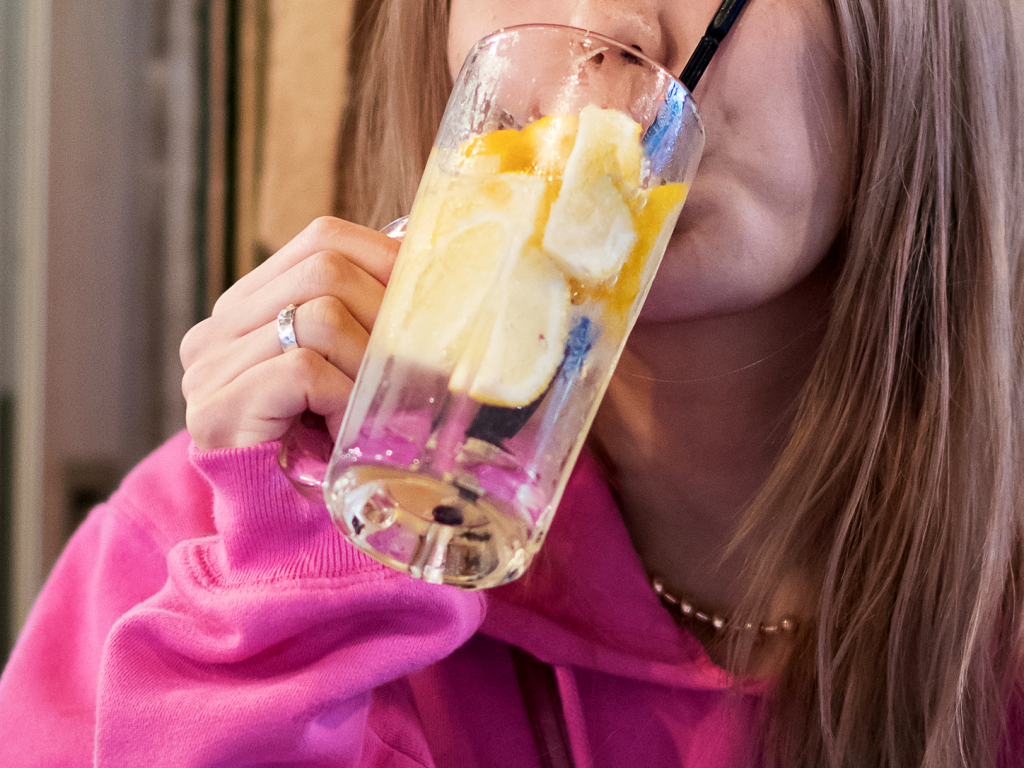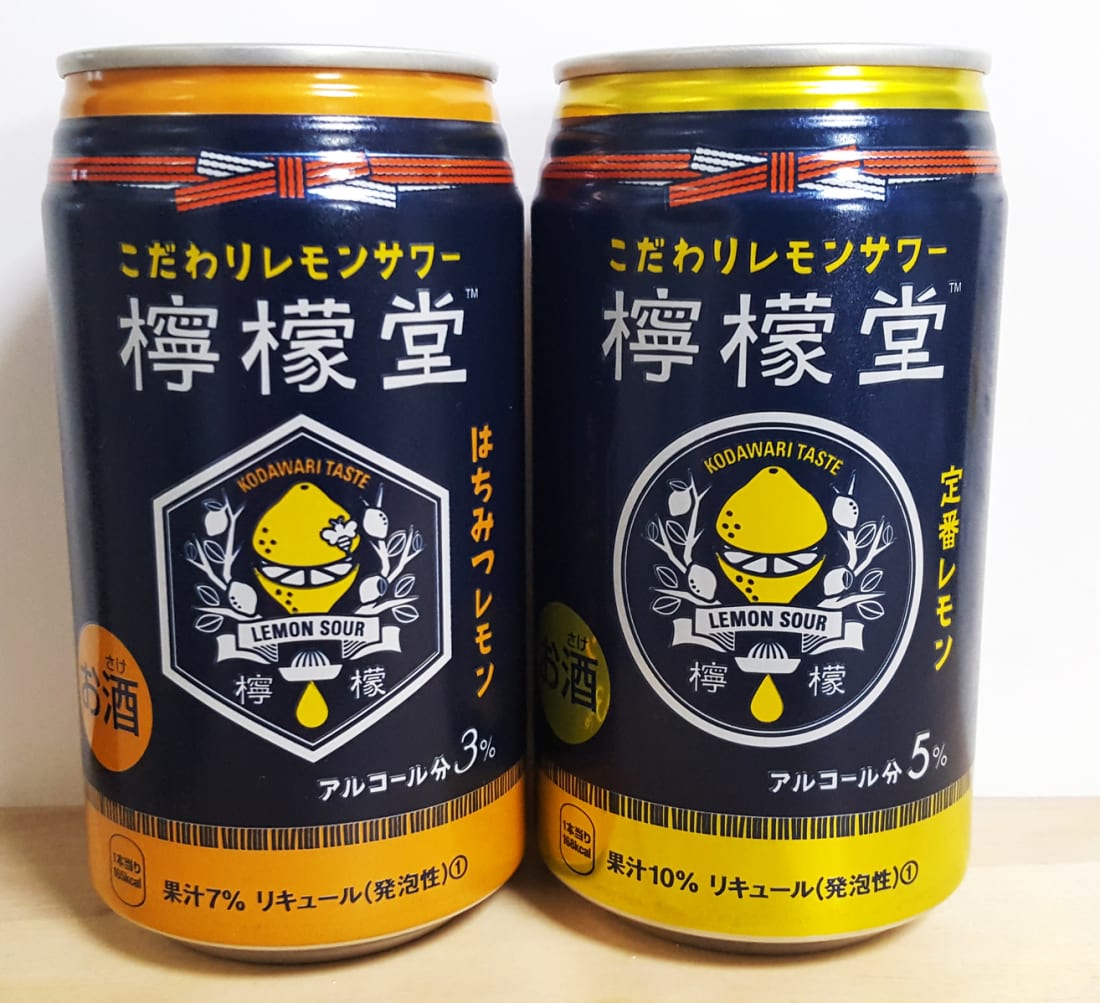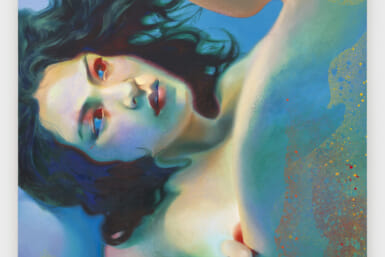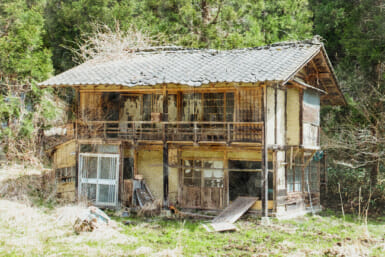Up until now, the only way to get drunk with the help of Coca-Cola was to invent a time machine and travel back to 1978. That’s when the company first ventured into the alcohol market by purchasing three American wineries and producing their own brand of bottled and canned wines. This, however, did not last and by 1982 Coca-Cola went back on the wagon. Fast-forward to June 2018 and history seems to be repeating itself as the producers of the most popular drink on the planet are trying their hand once again at an alcoholic beverage.
Available only on the Japanese island of Kyushu, Lemon-Do is a fizzy, canned chu-hai with which Coca-Cola hopes to compete with such Japanese alcohol giants as Suntory, Kirin, and Asahi. Chu-hai is an abbreviation of “shochu haiboru (highball),” a drink made from carbonated water and shochu alcohol or vodka usually with some kind of fruit flavoring. In this case: lemon, but not just any old lemon. Lemon-Do is available in three varieties: honey lemon (3% ABV), classic lemon (5%), and salty lemon (7%).
Taste the Feeling
First off, the chu-hai cans are slickly designed with dark navy coloring and a lemon crest front and center underneath the slogan, kodawari taste (kodawari meaning relentless pursuit of perfection). The slogan is fitting, as Coca-Cola has been relentlessly inventive in Japan, releasing 100 new products onto the market each year. However, you’ll have to look hard to find the Coca-Cola logo stamped in small print on the back of the Lemon-Do cans.
The honey lemon variety has an abundance of flavor. The honey comes through instantly and blends well with the sour lemon, completely masking the alcohol taste. It is reminiscent of a tea you would drink to help relieve a cold, and you do wonder how the chu-hai would taste warm.
The classic lemon drink similarly lacks any boozy effect, with the citrus overpowering the entire show and leaving you feeling like you just drank regular lemon soda. Finally, the salty lemon doesn’t deliver on the salty part. It tastes more like grapefruit chu-hai, which surprisingly works nicely with the slight kick of this higher-ABV variety. All in all, the drinks have a pleasant taste, but the lemon flavors are so strong that it’s impossible to say if Lemon-Do uses vodka or shochu. Still, the safe bet’s on the latter.
“Many products that are born here will stay here.”
Give the World a Coke
Shochu is a traditional distilled Japanese alcohol made from potatoes, barley, or rice, and it just so happens that Kyushu, the only place where you will find Lemon-Do, is the Japanese center of production for the spirit. So it’s very possible that the Coca-Cola drink is using shochu, but we will never know for sure as the recipe is a closely guarded secret.
Nor will anyone abroad be able to confirm this as there are currently no plans to offer Lemon-Do outside of just one Japanese island. Jorge Garduño, head of Coca Cola’s Japanese division, said in an interview on the the company’s website that their move will be specific to Japan. “While many markets are becoming more like Japan, I think the culture here is still very unique and special, so many products that are born here will stay here,” he said.
This might always change if the drink performs well in Kyushu but there just doesn’t seem to be much that distinguishes Lemon-Do from all the other beverages on the already oversaturated chu-hai market. So for many, the dream of getting drunk with Coca-Cola will most likely remain just that.
Feature image: Shutterstock










